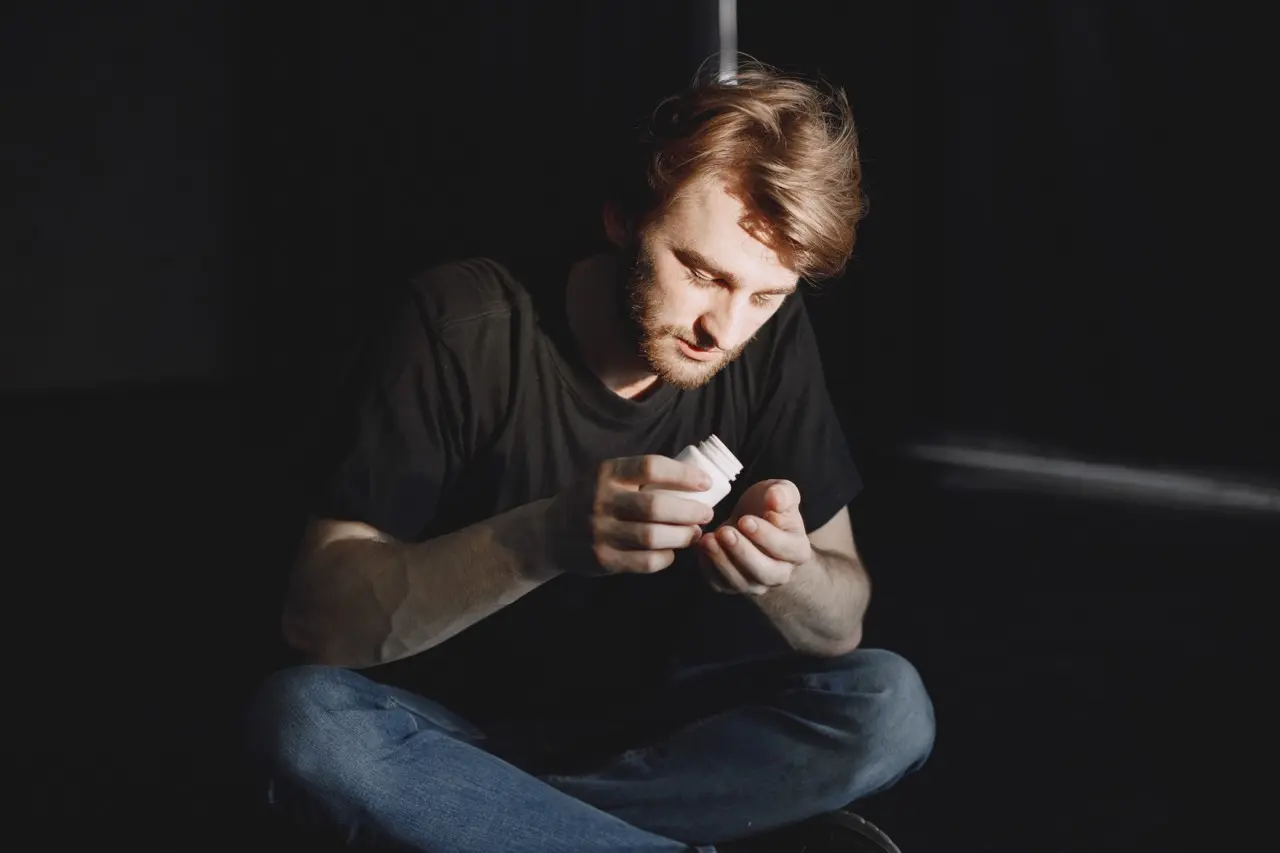Fentanyl Rehab
Call Now
San Diego Fentanyl Recovery
The National Institute on Drug Abuse reports that more than 2.5 million Americans report using or abusing opioids each year, and some of this usage includes fentanyl or drugs laced with the substance. There is a severe issue with opioid and Fentanyl use, and the stakes are high with the high number of overdoses.
What is Fentanyl?
However, some people use fentanyl illegally or abuse a prescription. They use the drug to get high and can experience some of the following:
- Sleepiness
- Extreme euphoria and happiness
- Sedation
- Unconsciousness
- Constipation and nausea
- Confusion
Many people who struggle with alcohol addiction are hesitant to get help. They worry that admitting that they struggle with alcohol or entering an alcohol rehab will force them to change their lifestyle. Most people are unwilling to give up their coping mechanisms for dealing with day-to-day stress, disappointment, and depression.
Unfortunately, this unwillingness to seek help at an alcohol rehab is what leads alcoholics to stay stuck in the spiral of addiction. There is no cure for Alcoholism, but there is a solution.

Fentanyl-Laced Drugs
Some common fentanyl-laced drugs include:
These drugs are created to look like opioid pills, and fentanyl is added to enhance the substance’s potency. As all of these drugs are highly addictive substances. A person who uses them occasionally can quickly become addicted and begin to abuse the substance.
Signs of Fentanyl Abuse
The signs and symptoms of fentanyl abuse include:
- Visiting many hospitals and doctors to get new prescriptions
- Buying pills from a source other than a pharmacy
- Withdrawing from friends and family
- Constantly craving fentanyl
- Inability to stop using fentanyl and other opioids
- Problems with work and school due to fentanyl usage
- Stops doing things they enjoy
- Stealing or lying to get money to buy fentanyl and other opioids
When a person using opioids or a family member recognizes these symptoms, they must seek treatment for addiction to fentanyl quickly to avoid the possibility of an overdose.

Treatment for Fentanyl Addiction
People struggling with fentanyl addiction should understand their treatment options to make the right choice for recovery. A person might need to start with detox and then choose either a residential or outpatient for therapy and recovery.

Detox for Fentanyl
Detox and withdrawal from fentanyl can have severe physical and emotional symptoms, which is why this step occurs under medical supervision. The patient is constantly monitored, and in some cases, they might receive medication to offset the worst of the withdrawal symptoms to ensure their health and safety.
Residential Treatment for Fentanyl
A residential program for fentanyl addiction treatment allows the patient to start building these tools. They can work on their foundation of sobriety without the pressure and triggers of everyday life. It also provides the time and building blocks of a support network to rely on. The patient stays in a facility day and night for an extended period.


Outpatient Treatment for Fentanyl
The therapist might recommend intense outpatient therapy when the patient first detoxes. In outpatient treatment, they may spend several hours a day in treatment. Many times, a patient leaves residential therapy and transitions into outpatient care. The goal is to remain drug-free, which requires examining the behavior and triggers that lead to addiction and changing the patient’s reaction to them.
Seeking a Fentanyl Rehab in San Diego
If you or a loved one are struggling with fentanyl abuse or addiction, reach out to Healthy Life Recovery in San Diego today. Healthy Life Recovery offers substance abuse treatment in a caring and compassionate environment. Our staff is invested in the recovery of our patients, and our program sees many successes.
Think you may have an issue with drug addiction?
Opioid-Related Blogs
The Dangers of Rapid Detox
Drug and alcohol addiction is a complex disease that can be difficult to overcome. Many addicts seek help from detoxification centers to get rid of harmful substances from their bodies before starting the treatment process. One option for detox that has become...
Signs of a Fentanyl Overdose and Muscle Rigidity
The fentanyl associated with most overdoses is made in a lab and sold illegally. Fentanyl can come as a powder, eye droppers, nasal sprays, or made into pills.
Athletes, Injuries, & Substance Abuse
Athletes often sustain injuries while playing their sport and are prescribed opioids. Opioids can be addictive and cause long-term damage.

Medically Reviewed By:
Dr. Sanjai Thankachen
Dr. Sanjai Thankachen graduated from Adichunchanagiri Institute of Medicine in 2000. He completed his residency in psychiatry in 2008 at Creedmoor Psychiatric Center in New York. Dr. Thankachen is currently working with Pacific Neuropsychiatric Specialists in an outpatient practice, as well as working at multiple in-patient psychiatric and medical units bringing his patients the most advanced healthcare treatment in psychiatry. Dr. Thankachen sees patients with an array of disorders, including depression, bipolar illness, schizophrenia, anxiety, and dementia-related problems.

Edited for Clinical Accuracy By:
Sean Leonard, Psychiatric Nurse Practitioner
Sean Leonard is a board-certified psychiatric nurse practitioner. He received his master’s degree in adult geriatric primary care nurse practitioner from Walden University and a second postmaster specialty in psychiatry mental health nurse practitioner from Rocky Mountain University. Sean has experience working in various diverse settings, including an outpatient clinic, inpatient detox and rehab, psychiatric emergency, and dual diagnosis programs. His specialty areas include substance abuse, depression, anxiety, mood disorders, PTSD, ADHD, and OCD.



